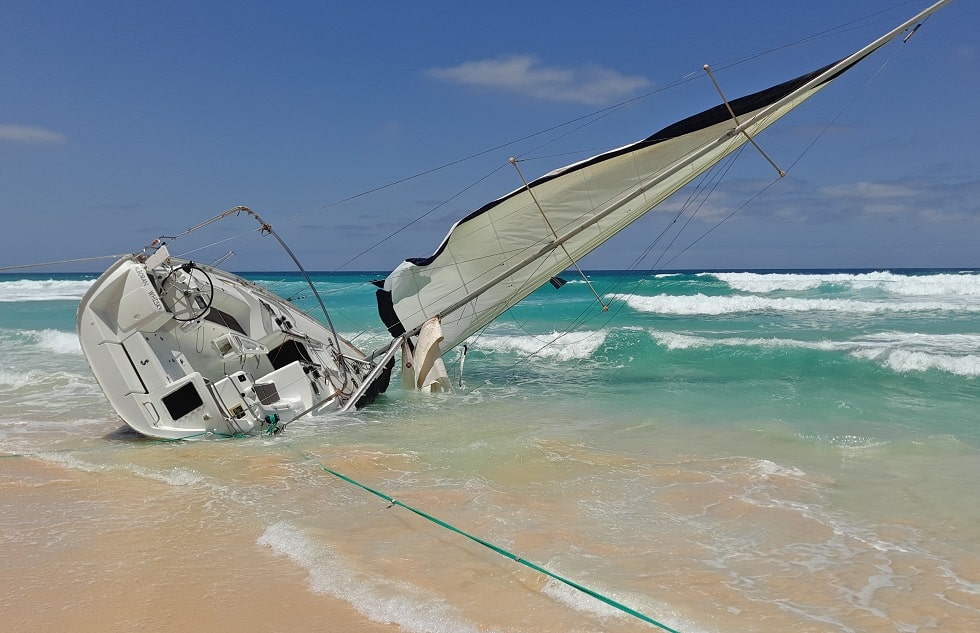Florida is a state that is known for its watersports. As the state is a peninsula that is surrounded on three sides by water, there is ample opportunity to get out and enjoy the water and sunshine.
One of the most popular water activities is boating. In fact, state officials announced that the number of registered recreational vessels is now over 1 million as of March 2022. That makes Florida the state with the most registered boats, ahead of Minnesota, which is known as the land of 10,000 lakes.
With so many boats on the water, there are bound to be accidents. In 2020, there were 836 reported boating accidents in Florida, according to the Florida Fish and Wildlife Conservation Commission.
If you recently were in a boating accident, or if you are just being smart and planning ahead, in this post we’ll go over what you should do in the event of a boating accident in Florida.
What do you need to do after a Florida boat accident?
According to Florida Statute 327.30, if you are in a boat accident you should stop your vessel and remain at the scene. If the scene is dangerous, you should try to move somewhere safe, but not too far from the scene. The operator of a boat in an accident is required by law to give the other person their name, address, and the name of their vessel in writing. If you were in an accident with an unattended vessel, you are required to take reasonable steps to contact the owner of that vessel.
When is a boat operator required to assist?
Florida Statute 327.30 also stipulates that boaters are required to assist other people involved in the accident. In the law, this is written as giving “such assistance as is practicable and necessary in order to save them from or minimize any danger.”
Some examples of when you are required to assist might be:
- If the other boat is in danger (sinking, on fire, in the way of other boats, immobilized, etc.)
- If there are people that are seriously injured
When should you report a boat accident in Florida?
By Florida law, if you are involved in a reportable boating accident with injuries what must you do before leaving the scene?
In Florida, you should report any boat accident where:
- There was a death
- Someone was seriously injured (requiring more than just first aid)
- Someone disappeared
- There was over $2,000 worth of damage to a boat
- There was a total loss of a vessel
You can find the full law here: Florida Statute 327.30.
Who should you report a Florida boat accident to?
In Florida, you can report your boat accident to:
- the Division of Law Enforcement of the Fish and Wildlife Conservation Commission
- the sheriff of the county within which the accident occurred
- or the police chief of the municipality within which the accident occurred, if applicable.
According to Florida law what must be aboard a vessel?
In Florida, according to the Florida Fish and Wildlife Conservation Commission, you must have the following aboard your boat:
- One wearable USCG-approved personal flotation device (PFD) per person aboard
- One USCG-approved throwable Type IV personal flotation device (PFD) if your vessel is longer than 16 feet
- Children under the age of 6 must wear a USCG-approved Type I, II, or III personal flotation device (PFD) while onboard a vessel under 26 feet in length while the vessel is underway.
- Vessels with built-in fuel tanks or enclosed areas must have a fire extinguisher.
- All vessels should carry a noise-producing device, like a whistle.
- Vessels under 16 feet should have three visual distress signals approved for nighttime use.
- Vessels over 16 feet should have three distress signals for nighttime use and three for daytime use (or three combination distress signals).
- Vessels should display navigation lights between sunset and sunrise, as well as during times of reduced visibility like during fog or rain.
Boat accident attorney Florida
If you were in a boat accident where someone was seriously injured or died, there was extensive damage, or you feel you are owed compensation, you should speak with a Florida boat accident attorney.
At Landau Law, we’ve helped Florida residents recover over $10 million in compensation. Contact us today to schedule a free case consultation with one of our Florida boat accident lawyers. We don’t charge you anything until we collect for you!
Florida Personal Injury Lawyer
Personal Injury Blog Posts

Navigating Safety: The Rise of E-Bike Accidents in Florida
Steering Through the Risks: Your Comprehensive Guide to E-Bike Safety and Legal Rights in The Sunshine State As Florida's streets and trails become increasingly populated with electric bicycles, the allure of this modern mode of transportation grows stronger. E-bikes,...
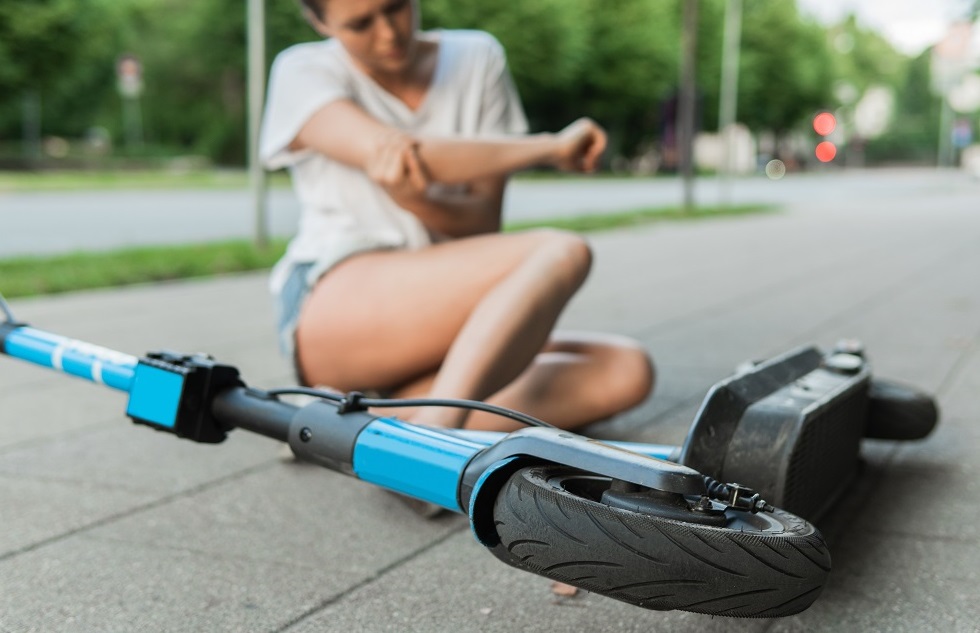
Riding into Risk: A Guide to Scooter Accident Injury Claims in Florida
In Florida, where the sun shines bright and the streets are bustling with energy, scooters have emerged as a popular mode of transportation. They offer a sense of freedom, a dash of fun, and a green alternative to the congested commutes. Yet, amidst this two-wheeled...
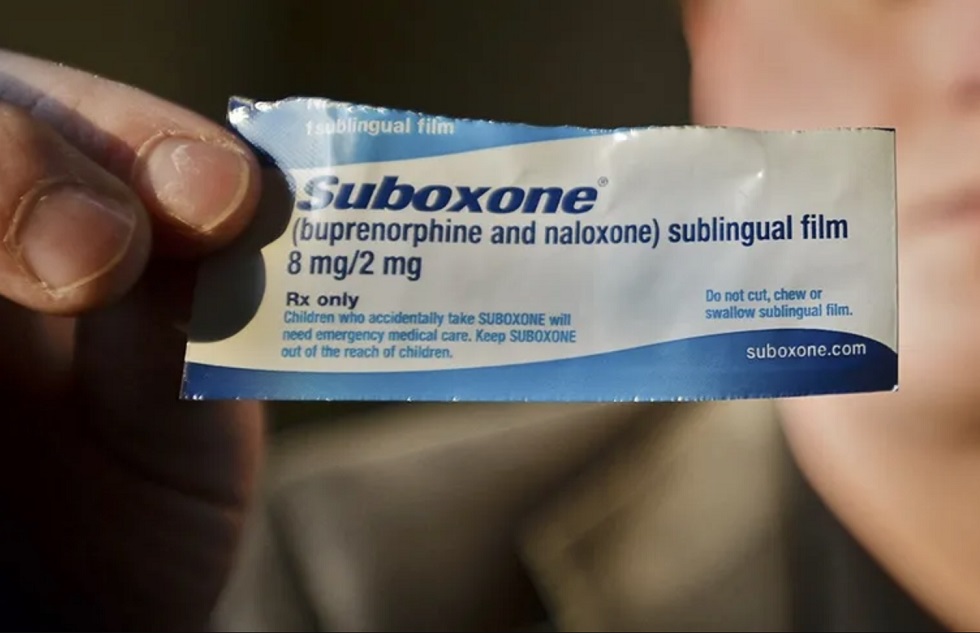
Suboxone and Your Teeth: What You Need to Know
Protecting Your Smile While on the Road to Recovery: Understanding Suboxone's Dental Side Effects Suboxone is a medicine used by many people to help fight opioid addiction. It's made of two main ingredients, buprenorphine and naloxone, and works by easing withdrawal...

Florida bus accidents: What you need to know
Common Causes, Injuries, And Navigating the Aftermath of Florida Bus Accidents Bus accidents can be life-altering events, leaving victims grappling with physical injuries, emotional trauma, and the daunting task of navigating the legal aftermath. At Landau Law, we...

Brake check accidents: If someone brake checks you who is at fault?
Determining Liability and Seeking Justice After a Brake Check Accident Brake check accidents, characterized by a sudden and intentional slamming of brakes by one driver in front of another, not only create hazardous road conditions but also pose significant legal...
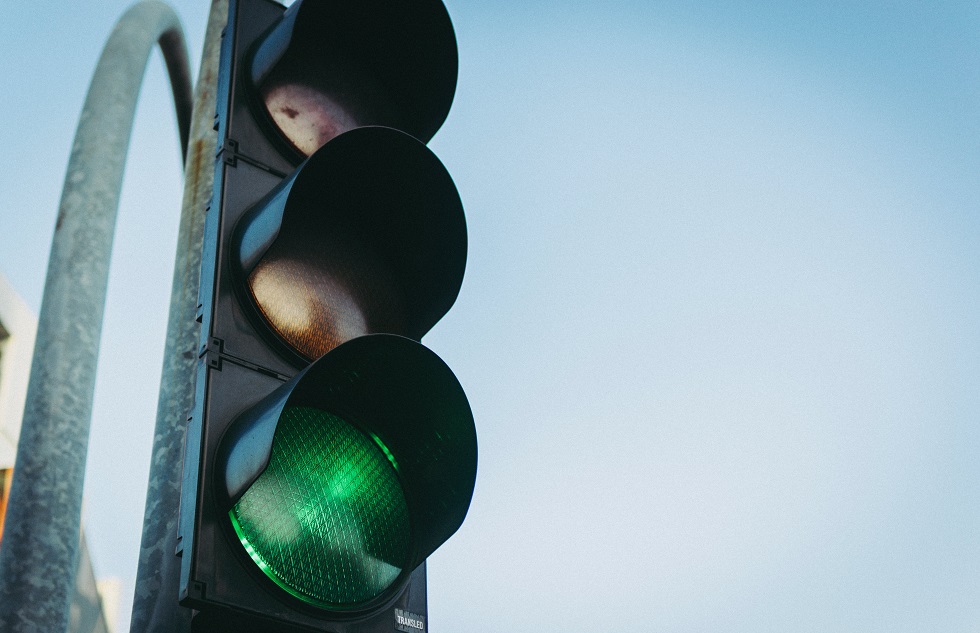
Who is at Fault in a Left Turn Accident?
Left Turn Accidents: From Causes to Consequences Navigating the aftermath of a left turn accident can be a labyrinth of complexities, and understanding the nuances of fault is pivotal, particularly in the context of personal injury claims. This blog post aims to...

Who is at Fault in a Sideswipe Accident?
Unraveling Liability in Sideswipe Accidents on Florida's Roads with Landau Law Sideswipe accidents can happen unexpectedly on Florida's busy roads, leaving drivers wondering who is at fault. In this blog post, we'll delve into the intricacies of determining liability...
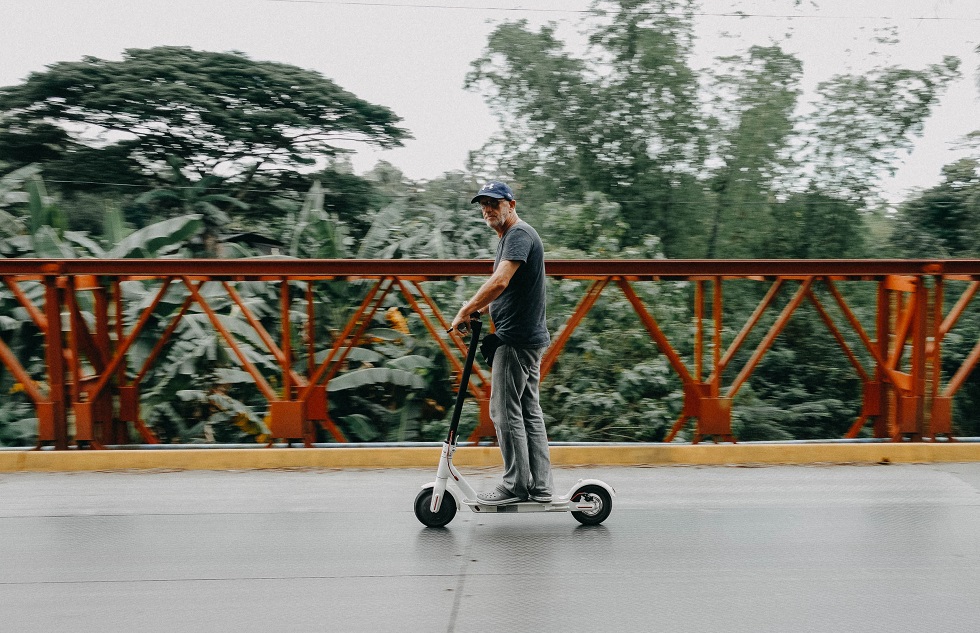
The Rise Of Electric Scooters, and Scooter Accidents, In Florida
Electric scooters have become a common sight on many streets in Florida, with their popularity soaring in recent years. While these eco-friendly and convenient vehicles offer an alternative mode of transportation, they have also brought about a concerning surge in...




